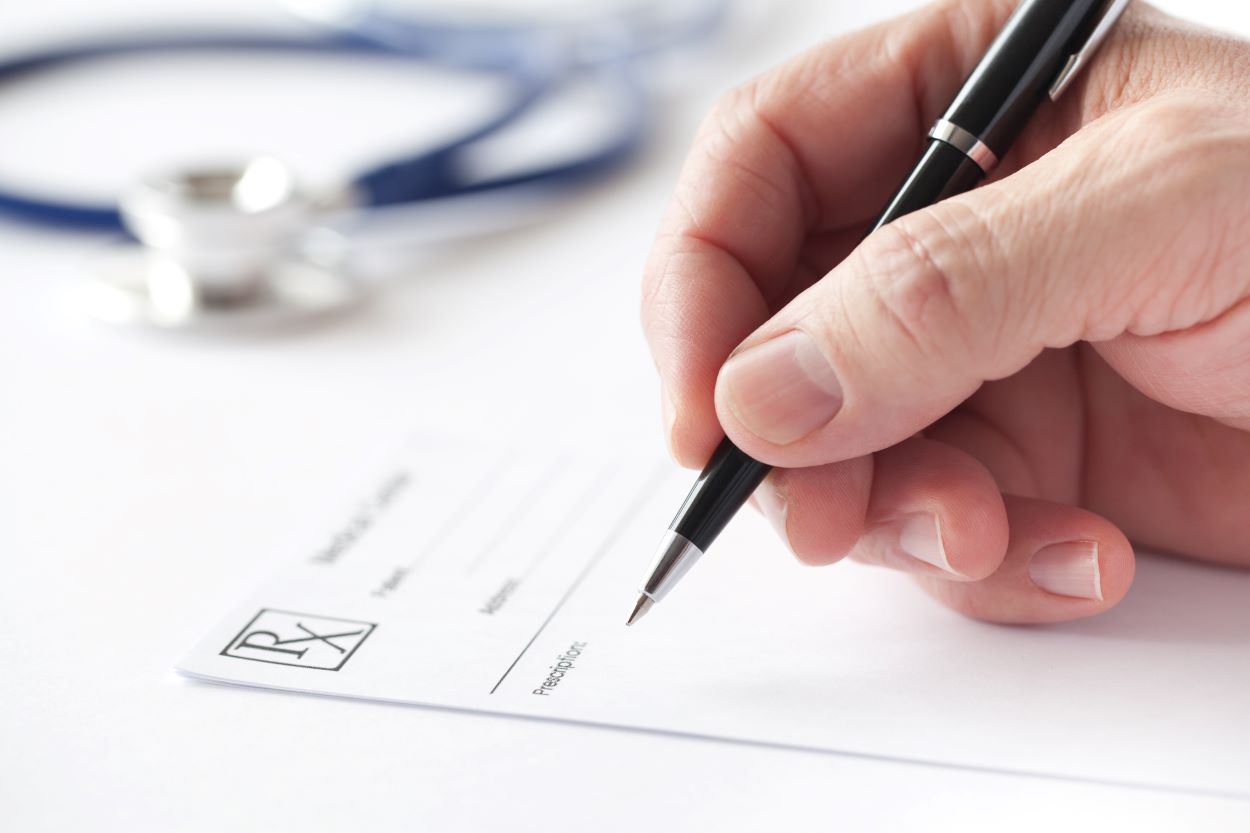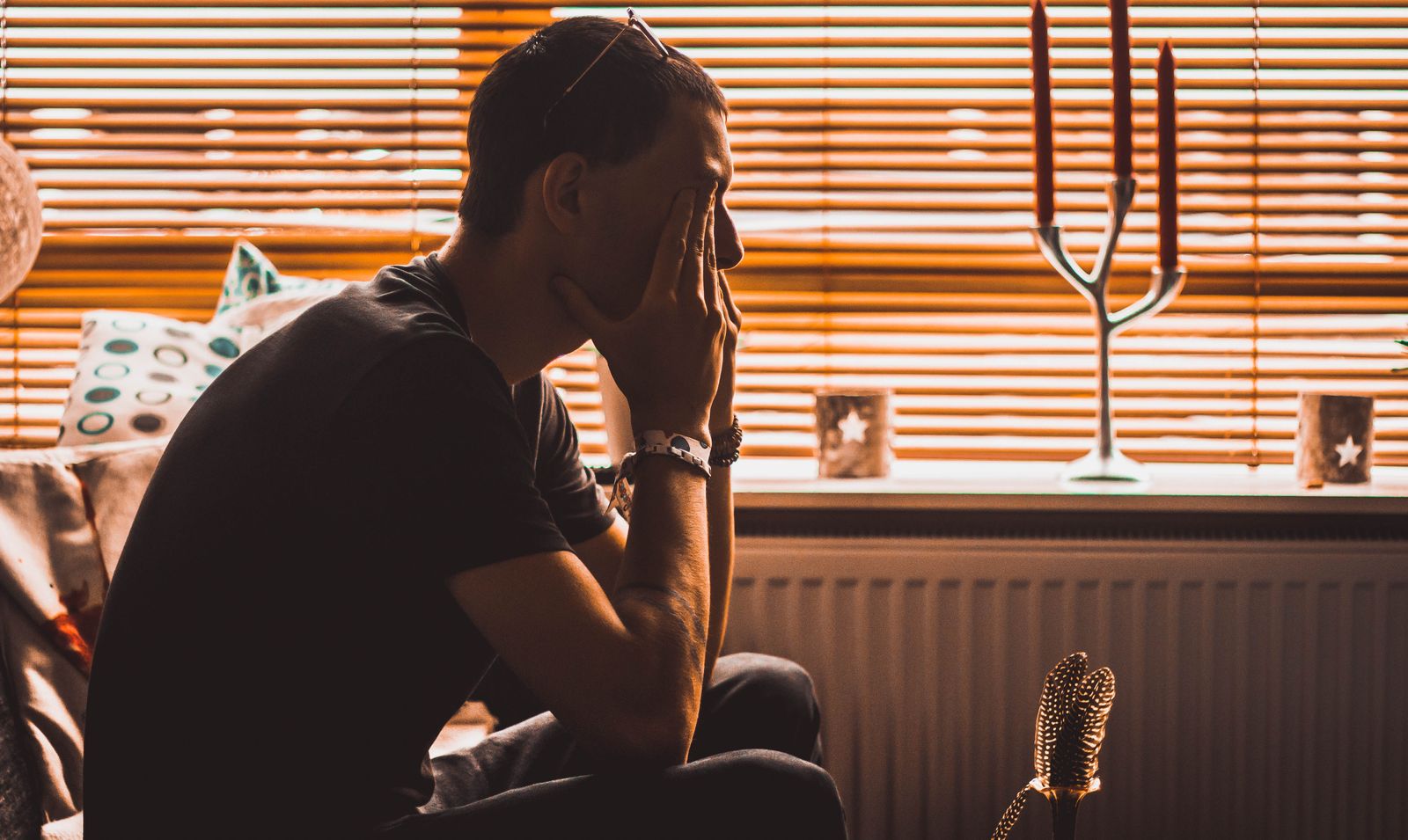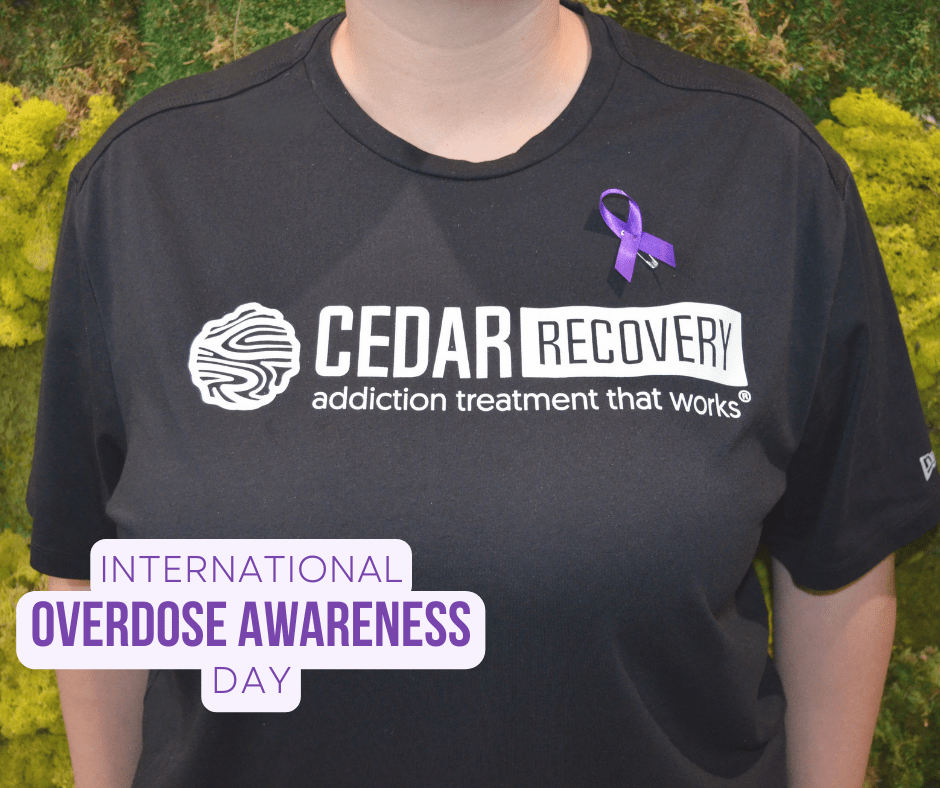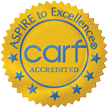Medication-Assisted Treatment (MAT) is a proven approach to help individuals recover from opioid addiction. It combines medications to ease withdrawal symptoms and cravings with counseling and therapy for a comprehensive recovery. MAT reduces withdrawal discomfort, prevents overdose, and improves overall well-being, providing hope and healing for those seeking recovery.

Opioid addiction can be a challenging and overwhelming journey, with withdrawal symptoms being a significant obstacle to recovery. However, with the right support and treatment, individuals can find relief and hope for a better future. Medication-assisted treatment (MAT) is a proven and effective approach that combines medications with counseling and therapy to help individuals successfully overcome opioid addiction. In this article, we’ll explore opioid addiction withdrawal, the benefits of MAT, and how it can be a valuable tool on the path to recovery.
Understanding Opioid Addiction Withdrawal
Opioids are powerful pain-relieving medications that can lead to physical dependence when taken over an extended period. When someone becomes dependent on opioids, their body adapts to the drug’s presence, and abruptly reducing or stopping opioid use can trigger withdrawal symptoms.
Opioid withdrawal symptoms can be intensely uncomfortable and distressing, including:
- Nausea and vomiting
- Diarrhea
- Muscle aches and pains
- Restlessness and agitation
- Anxiety and depression
- Sweating and chills
- Insomnia
- Strong cravings for opioids
The severity of withdrawal symptoms can vary depending on factors such as the individual’s opioid use history, the specific drug used, and their overall health. Opioid withdrawal can be a major barrier to recovery, as individuals may feel compelled to use opioids again to alleviate these distressing symptoms.
Medication-Assisted Treatment: A Comprehensive Approach
Medication-assisted treatment (MAT) is an evidence-based approach to opioid addiction recovery that combines medications with counseling and therapy. MAT utilizes medications. like suboxone (buprenorphine), that help ease withdrawal symptoms and reduce cravings, allowing individuals to focus on their recovery journey.
Three commonly used medications in MAT for opioid addiction are:
- Methadone: A long-acting opioid agonist that relieves withdrawal symptoms and cravings without producing the intense euphoria associated with other opioids. It is typically administered daily under medical supervision.
- Suboxone (Buprenorphine): A partial opioid agonist that also relieves withdrawal symptoms and cravings, with a lower risk of overdose compared to full opioids. It can be taken as a sublingual tablet or film and may be prescribed by qualified healthcare providers for at-home use.
- Naltrexone: An opioid antagonist that blocks the effects of opioids and reduces the risk of relapse. It is available as a daily pill or a monthly injection.
MAT is not a one-size-fits-all approach; the choice of medication is determined by the individual’s medical history, treatment goals, and preferences. Additionally, MAT is often combined with counseling and therapy to address the psychological aspects of addiction.
The Benefits of Medication-Assisted Treatment
- Reduces Withdrawal Symptoms: MAT helps alleviate the physical discomfort of withdrawal, making the initial stages of recovery more manageable.
- Minimizes Cravings: Medications used in MAT reduce cravings, which can help individuals resist the urge to use opioids and maintain their commitment to recovery.
- Increases Treatment Retention: MAT has been associated with improved treatment retention rates, as individuals may be more likely to stay engaged in treatment when their withdrawal symptoms are well-controlled.
- Prevents Overdose: MAT medications like methadone and buprenorphine have a lower risk of overdose compared to full opioids, reducing the danger of accidental overdose during recovery.
- Improves Overall Well-being: By stabilizing individuals physically and emotionally, MAT can enhance their overall well-being and quality of life, enabling them to focus on personal growth and healing.
Combining MAT with Counseling and Therapy
Medication-assisted treatment is most effective when combined with counseling and therapy. Counseling sessions, whether individual or group-based, provide emotional support, teach coping skills, and address the root causes of addiction. Therapy can help individuals develop healthier thought patterns, coping mechanisms, and positive behaviors that contribute to lasting recovery.
Recovery is a journey, and a holistic approach that includes both medication and therapy can increase the likelihood of successful, long-term outcomes. Each person’s recovery path is unique, and finding the right combination of treatments and support is essential for their success.
Is MAT Right for Everyone?
While MAT has proven to be effective for many individuals, it may not be the best option for everyone. Some individuals may have specific medical conditions or personal preferences that make alternative treatments more suitable. It’s essential for individuals seeking help for opioid addiction to consult with a healthcare provider or addiction specialist to determine the most appropriate treatment plan for their specific needs.
Breaking Stigma: Embracing Hope and Healing
Addiction is a medical condition, not a moral failing. It’s crucial to break the stigma surrounding addiction and recognize that seeking help is a courageous step towards healing. MAT, when used in conjunction with counseling and therapy, is a compassionate and effective approach that empowers individuals to take back control of their lives and build a brighter future.
If you or someone you know is struggling with opioid addiction, don’t hesitate to reach out for help. With the right support, treatment, and MAT, recovery is possible, and a life of hope and healing awaits on the other side of addiction. Remember, you are not alone, and there are caring professionals ready to walk alongside you on this journey to recovery.




